Tech
Sign up for our newsletter
We summarize the week's scientific breakthroughs every Thursday.
-
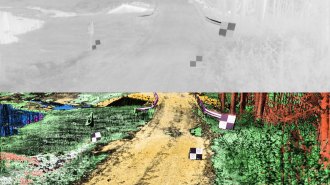 Artificial Intelligence
Artificial IntelligenceHow artificial intelligence sharpens blurry thermal vision images
A thermal imaging technique uses a special camera and AI to create clear images and accurately gauge distances of objects, even in pitch-blackness
-
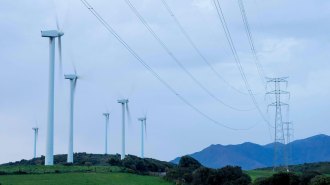 Climate
ClimateHow one device could help transform our power grid
As coal-fired power plants are retired, grid-forming inverters may be key to a future that relies on solar and wind power.
-
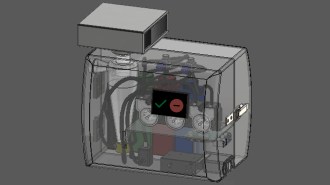 Health & Medicine
Health & MedicineA new device can detect the coronavirus in the air in minutes
The detector can sense as a few as seven to 35 coronavirus particles per liter of air — about as sensitive as a PCR test but much quicker.
-
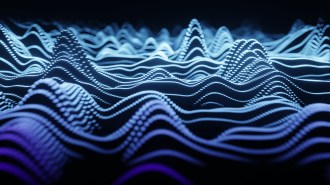 Physics
PhysicsPhysicists split bits of sound using quantum mechanics
New experiments put phonons — the tiniest bits of sound — into quantum mechanical superpositions and show they are as weird as other quantum entities.
-
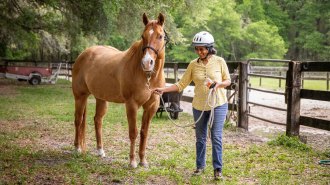 Tech
TechHow understanding horses could inspire more trustworthy robots
Computer scientist Eakta Jain pioneered the study of how human-horse interactions could help improve robot design and shape human-robot interactions.
-
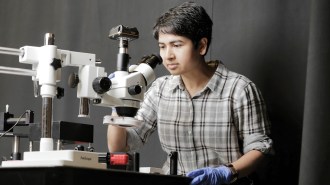 Tech
TechDeblina Sarkar is building microscopic machines to enter our brains
The ultratiny devices can communicate wirelessly from inside living cells and may one day help cure brain diseases.
By Nikk Ogasa -
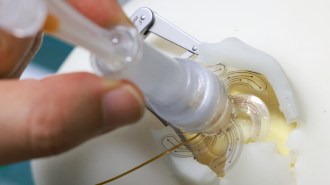 Tech
TechA flower-shaped soft robot could make brain monitoring less invasive
Once inserted in the skull, the device unfurls flexible sensors that can monitor the brain's electrical activity less invasively than current methods.
By Bob Hirshon -
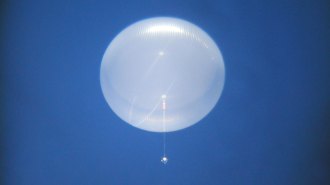 Tech
Tech50 years ago, a balloon circumnavigated the world for science
A 1973 high-altitude flight kicked off an era of useful stratospheric balloon science. Some scientists worry that heightened concerns over alleged spy balloons might hamper that.
-
 Tech
TechHow ChatGPT and similar AI will disrupt education
The new chatbot ChatGPT and other generative AI encourage cheating and offer up incorrect info, but they could also be used for good.
-
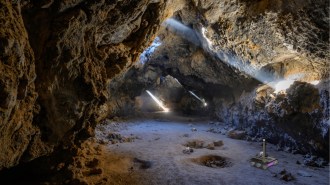 Tech
TechA trick inspired by Hansel and Gretel could help rovers explore other worlds
Taking a cue from a classic fairy tale, scientists propose a way for rovers to send back data from treacherous terrain.
-
 Health & Medicine
Health & MedicineA gel cocktail uses the body’s sugars to ‘grow’ electrodes in living fish
A chemical reaction with the body’s own sugars turned a gel cocktail into a conducting material inside zebrafish brains, hearts and tail fins.
By Simon Makin -
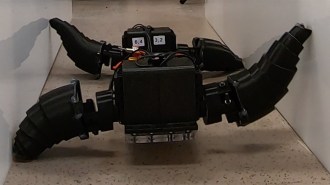 Tech
TechThis robot automatically tucks its limbs to squeeze through spaces
Inspired by ants, a robot with telescoping legs can crawl under low ceilings, climb over steps and move on grass, loose rock and mulch.
By Ananya